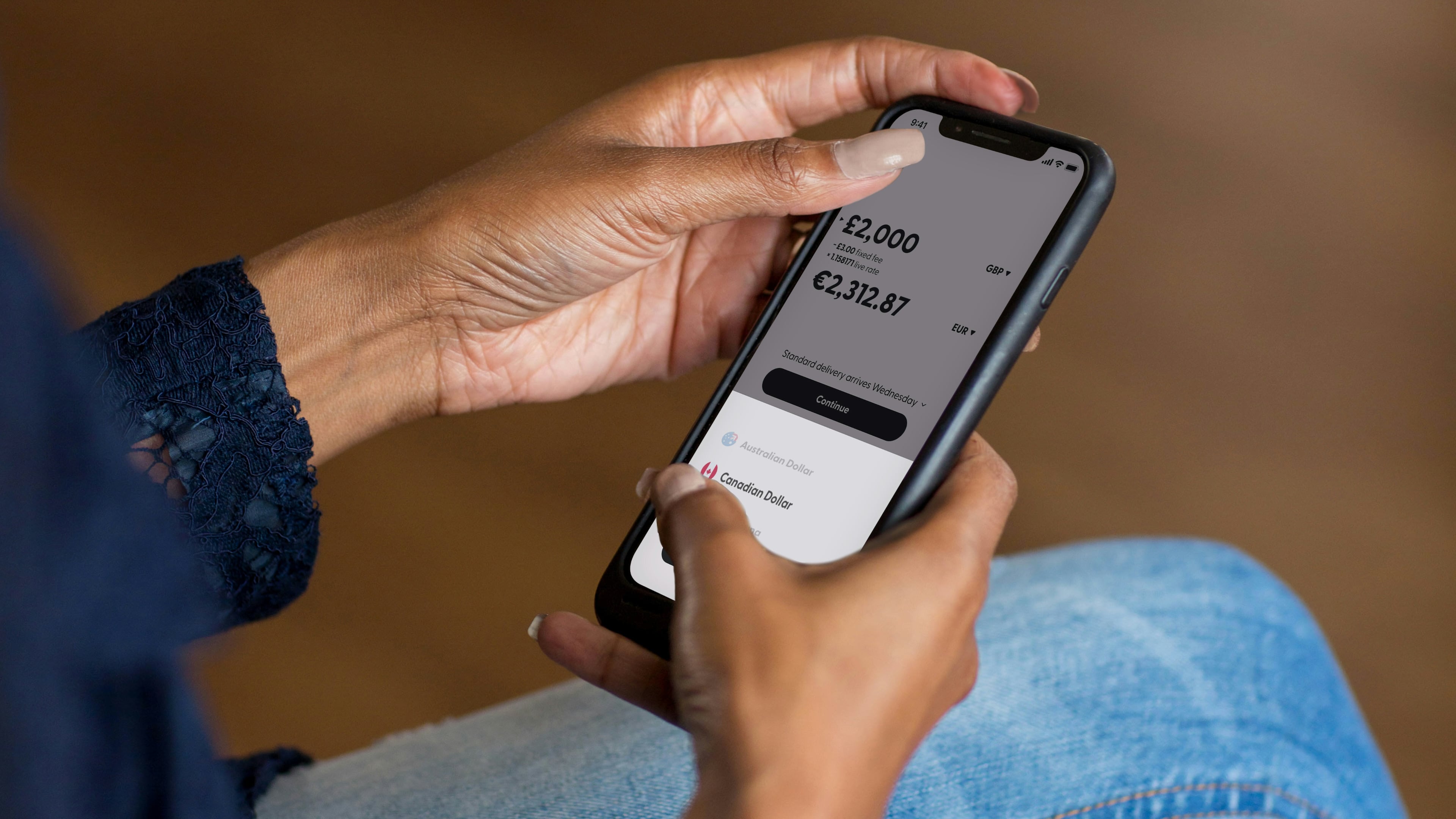This hydrogen-powered e-bike is the first of its kind

Dutch design office Studio MOM helped design the cargo bike.
Image: Studio MOM
Stay up to date:
SDG 07: Affordable and Clean Energy
- Studio MOM and LAVO have come together to create a hydrogen-powered bike, designed to take advantage of the higher energy-to-weight ratio offered by hydrogen fuel cells.
- LAVO's hybrid hydrogen battery uses solar energy to extract hydrogen from water. This system was developed by researchers at the University of New South Wales.
- One of the biggest issues cited is its inefficiency. The process of producing green hydrogen has been found to be inefficient, due to the energy requirements of electrolysis.
Accept our marketing cookies to access this content.
These cookies are currently disabled in your browser.
Dutch design office Studio MOM has teamed up with hydrogen battery pioneer LAVO to develop an electric bike that can carry heavy cargo over long distances.
The LAVO Bike is designed to take advantage of the higher energy-to-weight ratio offered by hydrogen fuel cells, compared with the lithium batteries typically used for e-bikes.
"This first hydrogen bike in the world makes transport over very long distances possible without heavy batteries, particulates or CO2 emissions," said Studio MOM.
The design integrates LAVO's hybrid hydrogen battery, which uses solar energy to extract hydrogen from water.
The Australian company believes this system, which was developed by researchers at the University of New South Wales, is the first commercial use of this technology in the world.
Using energy germinated from photovoltaics, it employs a process of electrolysis to separate the oxygen and hydrogen found in the chemical-makeup of water. The hydrogen is then absorbed into a patented metal hydride, which converts it into battery power.
What's the World Economic Forum doing about the transition to clean energy?
Studio MOM's design integrates this battery as part of a modular frame that slots together, "like Lego blocks".
"It's designed as a toolkit for a new emission-free mode of transport," said the studio. "Therefore, the concept is easily adapted from city bike to transport bike for small business use."
LAVO launched in 2020, with the ambition to provide cleaner and more reliable energy to homes and businesses.
Its system is based on the production of green hydrogen, a more sustainable alternative to blue or grey hydrogen as it doesn't use any fossil fuels in its production.
The brand claims that one LAVO unit can store up to 40kWh of hydrogen, which could power the average Australian home off-grid for up to two days.
The company approached Studio MOM to collaborate on a bicycle, as the Arnhem-based office has previously worked on designs for Dutch brands Gazelle and Cortina.
While LAVO had imagined a super lightweight design, the Studio MOM design team felt a cargo bike would be the best way to optimise the advantages offered by hydrogen power.
"Because long-range cargo solutions in particular require a lot of energy," said the studio. "Then an extra hydrogen tank of 1.2 kilograms is surely preferable to an extra battery that weighs six kilograms."
The design was developed in partnership with Elian Cycles, a manufacturer that specialises in cargo bikes.
The LAVO bike is not currently on the market, but could be available in the future. LAVO hopes to launch a range of lifestyle products that use its hybrid hydrogen battery, including a barbecue.
Not everyone is convinced by the viability of hydrogen batteries as a power source. Elon Musk described it as "mind-bogglingly stupid" in an interview in 2019.
One of the biggest issues cited is its inefficiency. The process of producing green hydrogen has been found to be inefficient, due to the energy requirements of electrolysis.
However investment in hydrogen is continuing to grow. The European Union has said it expects to spend €470 billion (£402 billion) on green hydrogen by 2050.
Accept our marketing cookies to access this content.
These cookies are currently disabled in your browser.
Don't miss any update on this topic
Create a free account and access your personalized content collection with our latest publications and analyses.
License and Republishing
World Economic Forum articles may be republished in accordance with the Creative Commons Attribution-NonCommercial-NoDerivatives 4.0 International Public License, and in accordance with our Terms of Use.
The views expressed in this article are those of the author alone and not the World Economic Forum.
Forum Stories newsletter
Bringing you weekly curated insights and analysis on the global issues that matter.
More on Emerging TechnologiesSee all
Ivan Shkvarun
July 25, 2025
Anil Gupta and Wang Haiyan
July 25, 2025
Mark Esposito
July 24, 2025
Anthony Cano Moncada
July 23, 2025
Manikanta Naik and Murali Subramanian
July 23, 2025
Kate Whiting
July 21, 2025












